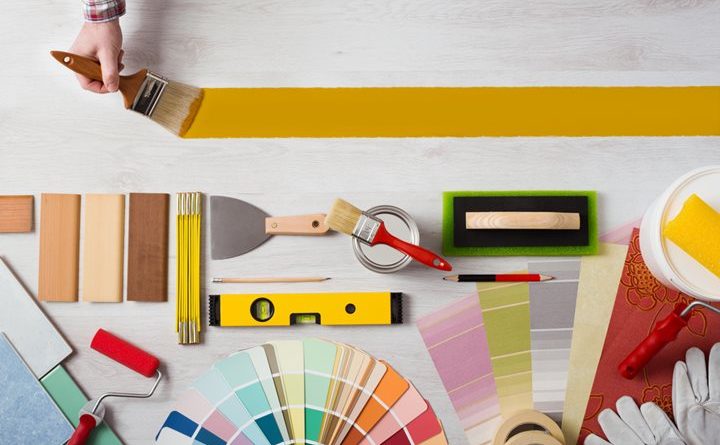Interior design is a robust, challenging, and rewarding field that is gaining popularity. Whether your interest in the field was inspired by a television show or personal experience, getting started in the field can sometimes be difficult without the right direction. However, with the right information you can create a successful interior design career.
Assess Your Talents
After deciding to pursue interior design, it is important to think about what talents and passions you bring to the field and what the field requires. Interior design, like most design fields, requires an artistic eye. That being said, you do not have to be a fine artist in order to be an interior designer. What you need, however, is an eye for color, and an ability to envision a result when presented with a blank space. In short, you need to have an eye for potential, and you need to have a measure of creativity in order to maximize the beauty of that space. Strong communication skills are also a must for interior designers when it comes to listening to client needs. If you strive to understand the people with whom you converse, your personality will give you a significant advantage in interior design.
Obtain Your Credentials
Interior designers need a few key credentials in order to get started. Interior designers should have a bachelor’s degree, though not necessarily in the field of interior design. More important than the specific major is that specific coursework is taken in computer-assisted design and drawing. Beyond these basic requirements, many states also have licensing laws for interior designers. Often, the required license requires two or more years of experience working under a licensed interior designer and passing an examination. The most common exam used is the National Council for Interior Design Qualification. Those who pass this particular examination are often referred to as registered interior designers.
Assist an Established Designer before Striking Out On Your Own
If you work in a state that requires licensing for interior designers, this step overlaps with the previous one. However, even if your state does not require a license to work, working under an established designer can offer you extremely useful insights into the field. You will learn valuable customer service and sales skills that will be vital if you decide to open your own firm. If you open your own interior design firm then you will need to compete for your own clients, but strong business skills combined with industry experience and hustle will have you building your client-base in no time. At this stage, small business concerns become the biggest factor in your success. Work hard to market yourself and manage your business, and you will build a lucrative interior design career.
Featured Iamge Source: Depositphotos/© stockasso








